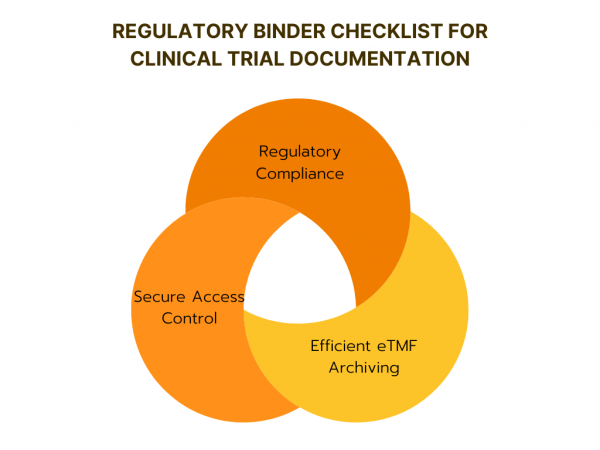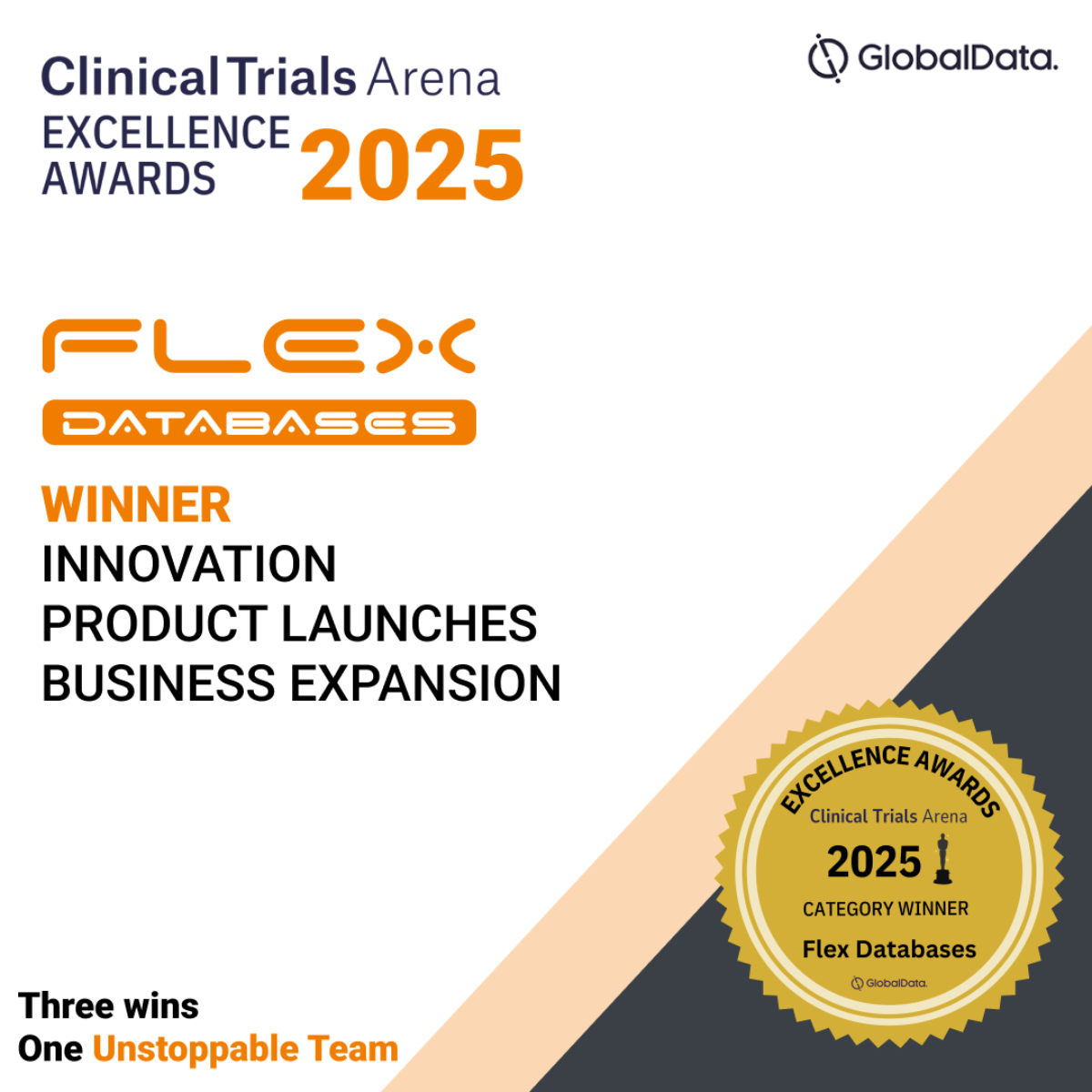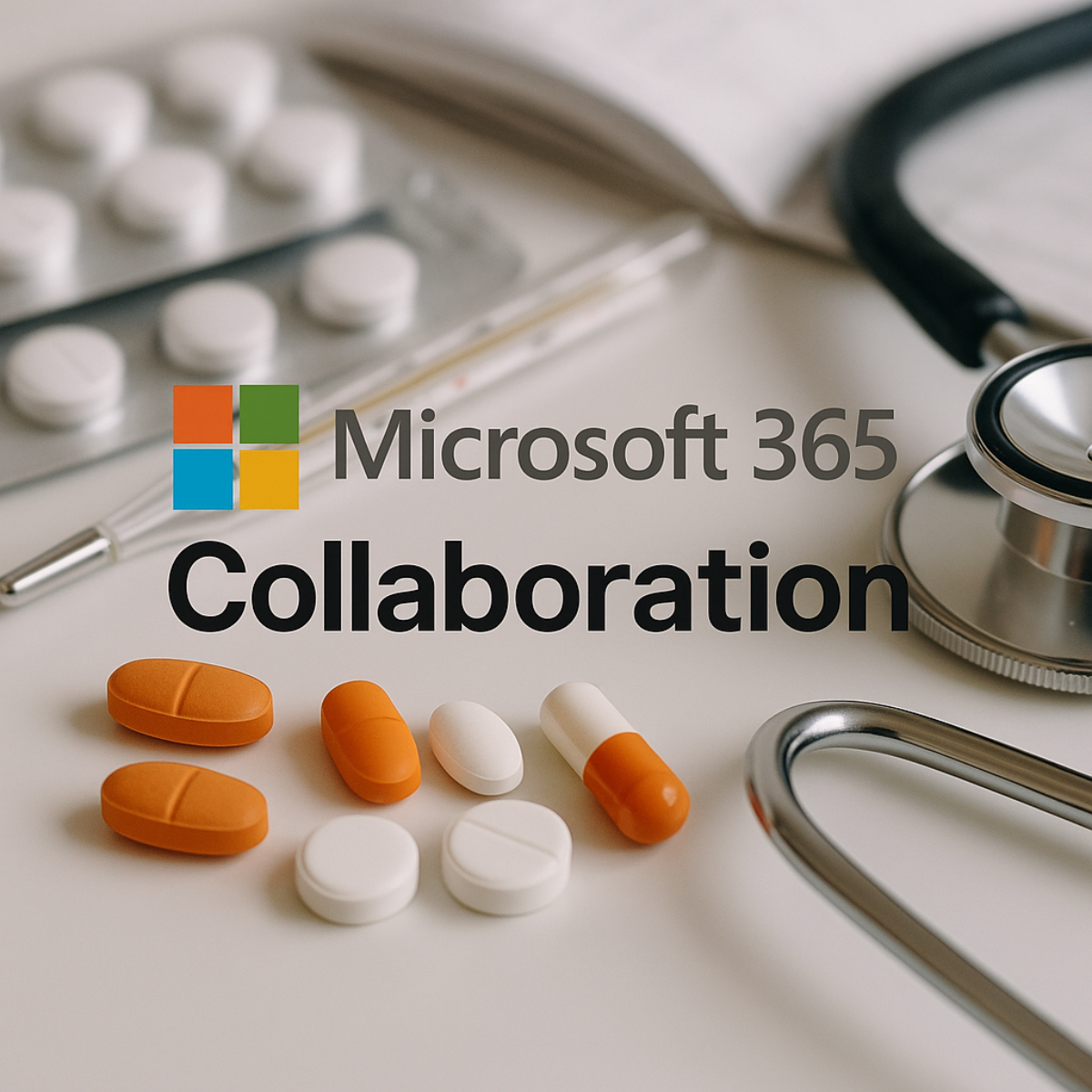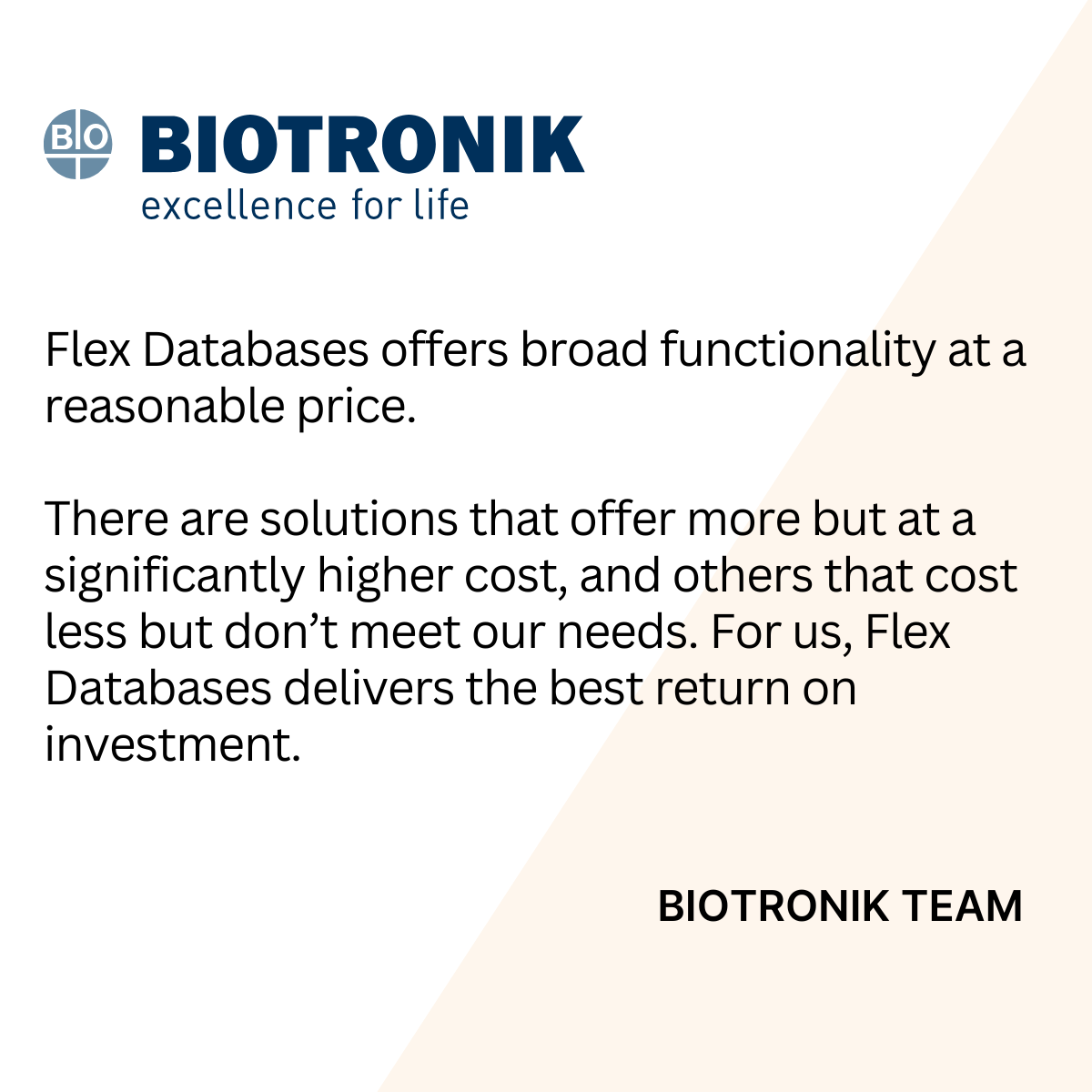Regulatory Binder Checklist for Clinical Trial Documentation
July 25, 2024

A regulatory binder is crucial for managing clinical trial documents, it ensures compliance with regulations, and makes audits easier. It helps keep important documents organized and readily accessible for trial monitors, auditors, and regulatory authorities, and serves as a useful reference for the research team. While it’s not legally required, maintaining a regulatory binder is strongly advised for all intervention trials. This checklist provides a thorough guide for efficiently handling all necessary documents.
Guidance Documents
- ICH GCP E6 Section 8: Specifies essential documents and their purposes.
- ICH GCP E6 4.9.4: Guidelines for maintaining trial documents to prevent accidental or premature destruction.
- For more information: Download our eBook detailing good clinical practice (GCP) and its role in the clinical research ecosystem.
Centralization of Documents
When multiple studies share regulatory documents, it is most efficient to centralize them, often done electronically in an eRegulatory management system (eReg).
Laboratory Certifications and Normal Ranges
- Documents: Institutional review board (IRB) membership lists, CVs, CTEP 1572s.
Essential Documents of a Regulatory Binder
These documents demonstrate the investigator’s, sponsor’s, and monitor’s compliance with GCP and regulatory requirements.
Protocol and Amendments
- Purpose: Document revisions of trial-related documents during the trial.
- Documents: Log of protocol changes, IRB-approved protocol with principal investigator (PI) signature page, IRB-approved case report forms, IRB-approved advertisements and participant information sheets, protocol amendments.
Informed Consent Documents
- Purpose: Document the informed consent.
- Documents: Log of informed consent versions, IRB-approved informed consents.
IRB Documentation
- Purpose: Document the trial has been subject to IRB review and approval.
- Documents: IRB federal assurance number, updated IRB roster, IRB approval letters, submissions, and correspondence including initial review, continuing review, advertisements, subject compensation, and other reporting requirements.
Investigator Qualification Documentation
- Purpose: Document qualifications and eligibility to conduct the trial.
- Documents: Updated investigator CVs (signed/dated within two years), clinical licenses for PI and co-investigators, training certificates.
Clinical Investigator’s Brochure
- Purpose: Document relevant and current scientific information for the investigational product has been provided.
- Documents: Investigator’s brochure or package insert for approved medications.
FDA Documents (if applicable)
- Purpose: Document the investigator’s agreement to conduct the study according to the protocol and GCP.
- Documents: FDA Forms 1571 and 1572, sample labels for investigational products, regulatory approval or authorization, FDA correspondence log.
Financial Disclosure Forms
- Purpose: Document compliance with FDA regulations regarding financial interests.
- Documents: Signed forms for PI and co-investigators.
Study Communication
- Purpose: Document important decisions and agreements.
- Documents: Confidentiality agreement, data sharing agreement, material transfer agreement, signed agreements between sponsors and investigators, important decisions or notes to the study file.
Delegation of Authority Log
- Purpose: Document which study-related tasks the PI has delegated to others.
- Documents: Delegation of authority log, signature form.
Clinical Research and Study Training
- Purpose: Document adequate training for all staff participating in the study.
- Documents: Documentation of training (e.g., human subject protection, GCP).
Screening/Enrollment Log
- Purpose: Document identification of subjects who entered pre-trial screening and those who were enrolled.
- Documents: Log of screened subjects without identifying information, subject identification code list (kept separately).
Signed Consent Documents
- Purpose: Document informed consent.
- Documents: Signed informed consent documents.
Study Product Records
- Purpose: Document the disposition and accountability of study products.
- Documents: Documentation of study product disposition and accountability.
Laboratory Certification
- Purpose: Document the competence of the facility performing protocol-specific tests.
- Documents: CLIA, CAP, or other certifications, updated normal-range values for reference labs.
Specimen Tracking Log
- Purpose: Document the tracking and handling of specimens.
- Documents: Specimen tracking logs.
Serious Adverse Events (SAEs)/Unanticipated Problem Documents
- Purpose: Document the sponsor was notified of all SAEs and related reports.
- Documents: SAE report forms, unanticipated problem forms, investigational new drug (IND) safety reports.
Protocol Deviation Form or Memo
- Purpose: Document any deviations from the protocol.
- Documents: Protocol deviation forms or memos.
Clinical Site Monitoring Visits
- Purpose: Document site visits and monitor findings.
- Documents: Site visit log, reports, and correspondence.
Sponsor Correspondence
- Purpose: Document agreements or significant discussions regarding trial administration.
- Documents: Sponsor correspondence.
Data and Safety Monitoring Documents
- Purpose: Document compliance and actions related to safety monitoring.
- Documents: Data and safety monitoring plan, reports generated for independent safety monitor(s), safety monitor meeting minutes.
Other Documents
- Purpose: Document additional relevant information and procedures.
- Documents: Unmasking procedures for blinded trials, certificate(s) of confidentiality.
Streamline Regulatory Compliance with Flex Databases System
Flex Databases System provides a robust solution for regulatory compliance, meeting the standards of major international and local regulations such as ICH GCP E6 R2, FDA 21 CFR Part 11, and GDPR. Key features of the system include:
- 21 CFR Part 11 Compliance: Ensures electronic records and signatures are trustworthy, reliable, and equivalent to paper records.
- Access Control: Secure access based on project roles, sites, folders, countries, and permissions for external users.
- Full Audit Trail and Versioning: Comprehensive tracking of all changes and document versions.
- eTMF Archiving: Facilitates easy archiving of eTMF projects with a detailed index and audit trail.
- GDPR Compliance: Adheres to the strict data protection regulations of the General Data Protection Regulation.
- Validation and Documentation: Fully validated system with all necessary documentation provided.
Flex Databases System ensures efficient regulatory compliance for clinical trials, and provides a reliable and secure platform for managing essential documents and data.



